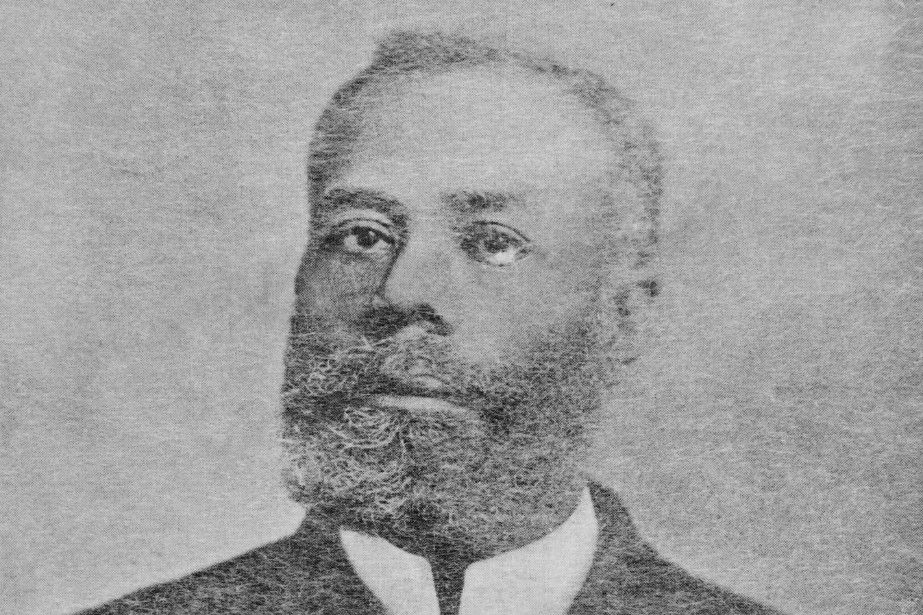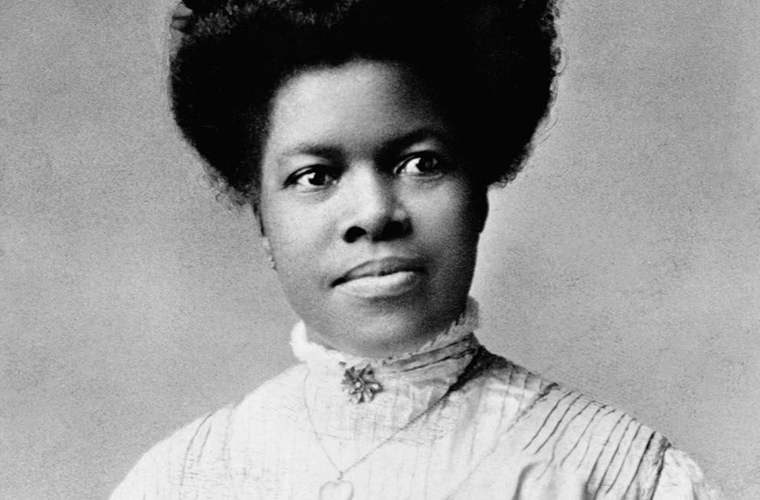Pushing social boundaries allowed Ira Frederick Aldridge to achieve international success as an actor. Aldridge, the first Black Shakespearean actor, was born on July 24, 1807, in New York, N.Y. and went on to become one of the best talents of his time.
The son of free parents, Aldridge spent his early years in New York and attended one of New York’s African Free Schools that was founded to educate the children of the enslaved free-born population. He got his first exposure to acting by running errands for English actor Henry Wallack. This did not please his father who wanted his son to pursue a religious career rather than explore his passion for theater.
Aldridge was encouraged to join the African Grove Theater, a prestigious all-Black theater troupe started by William Brown. While with the African Grove Theater, Aldridge began to apprentice under the professional actors that surrounded him. Although he began to find his place on stage, he still had to face racism and discrimination in the United States.

After making the decision to travel abroad, Aldridge left for Europe feeling that the United States was not a hospitable place for Black theater performers. He worked as a steward on the boat that brought him to Europe and during his journey, he developed a relationship with British actor and producer James Wallack (brother of Henry). Once he arrived, Aldridge quit his stewardship and began working for Wallack, who helped introduce him to the world of theater in England.
In 1825, Aldridge made his international debut in Shakespeare’s Othello and became the first black Shakespearean actor. The critics gave mixed reviews consisting of comments on Aldridge’s features and race (note: Othello was identified by Shakespeare as a “Blackamoor”).
Despite the racism, his popularity grew and he became known as the “African Roscius.”
Aldridge continued to make tours of Europe and starred in other Shakespeare plays such as King Lear and Macbeth. By the 1850s, he was primarily performing on the continent and receiving honors in Austria, Switzerland and Russia. Aldridge also used the stage and his status as a way to advocate for equality in the Black community.
Ira Aldridge spent the rest of his life touring Great Britain, Europe and Russia. He became a British citizen in 1863 and died while touring Poland on August 7, 1867.







